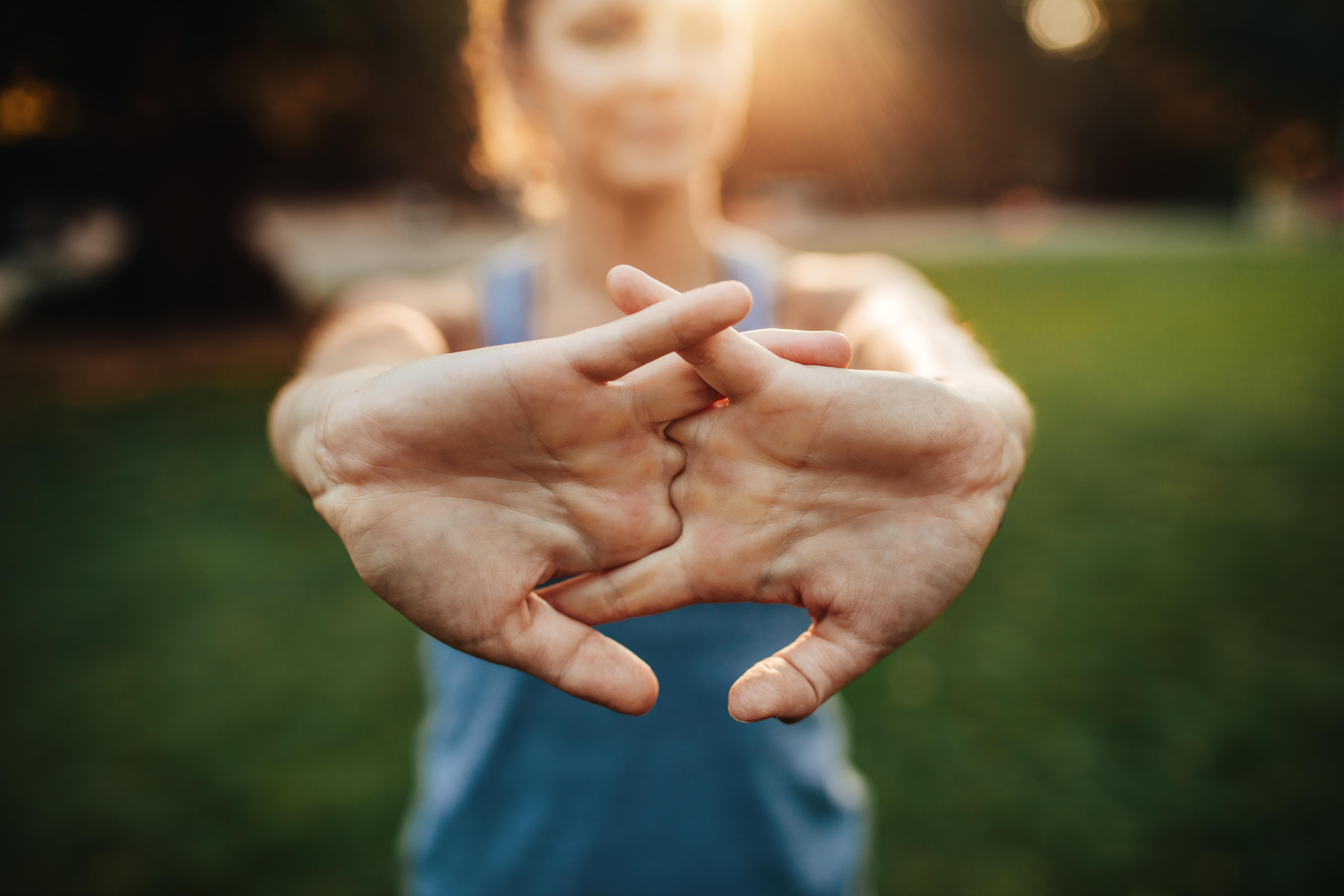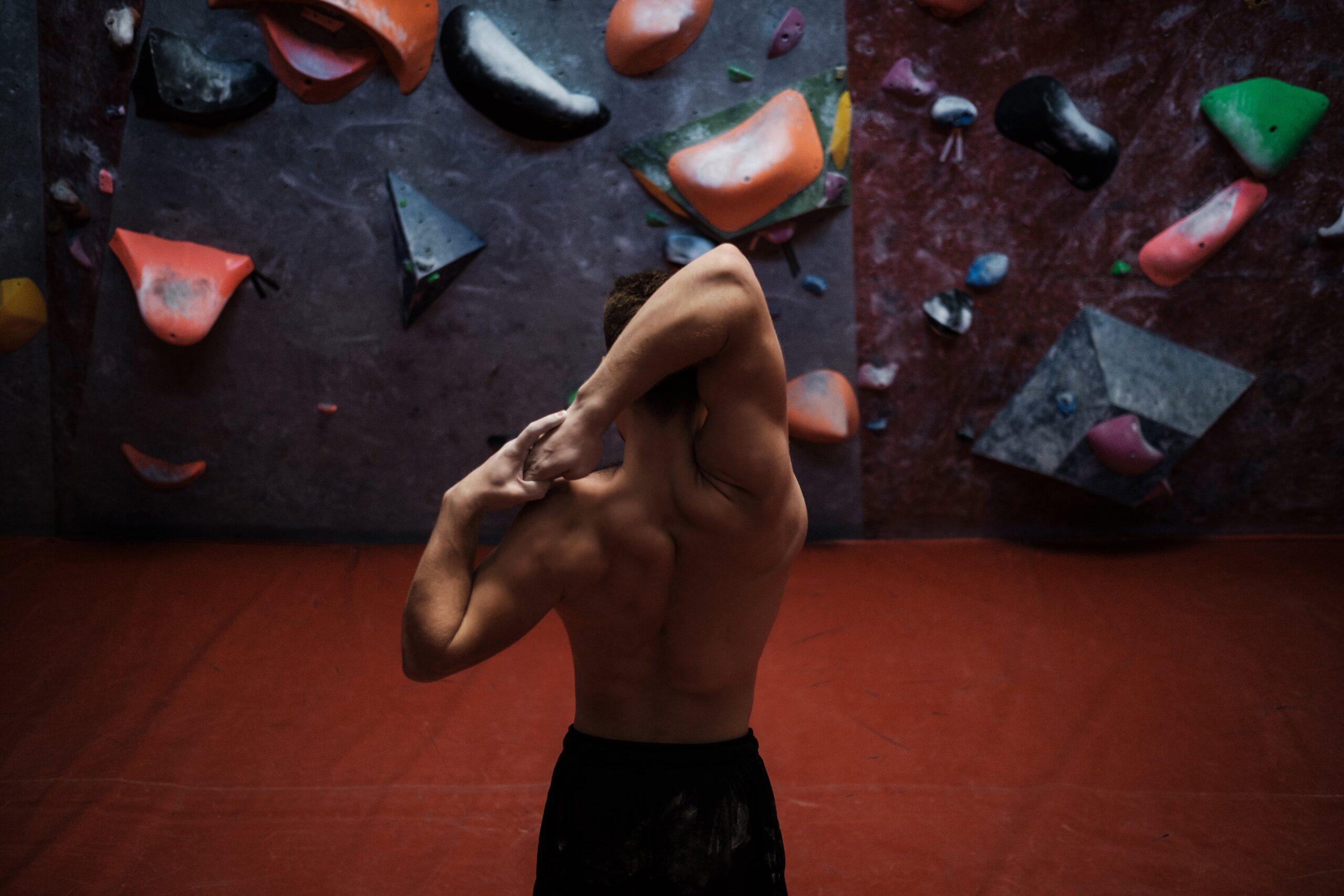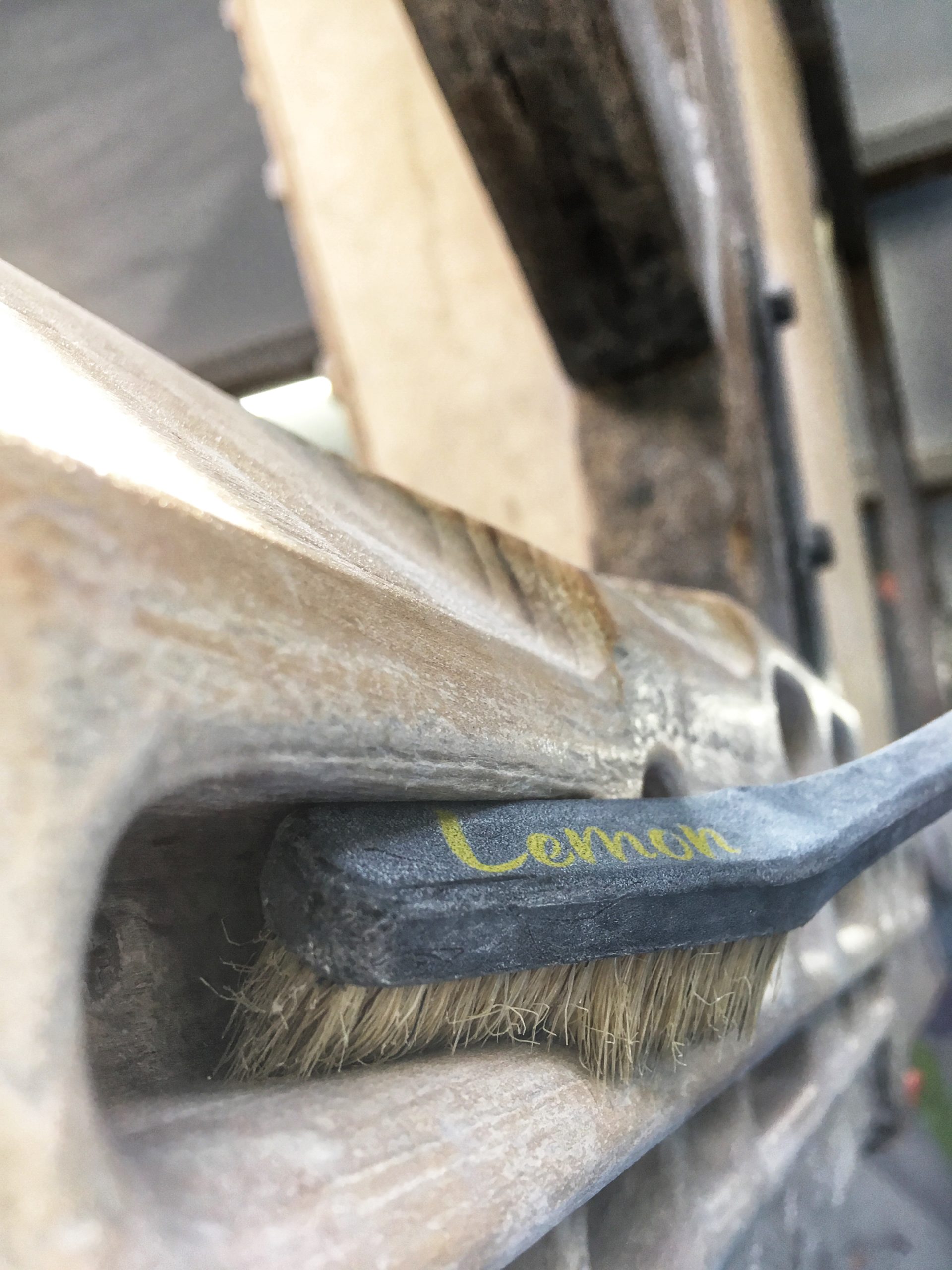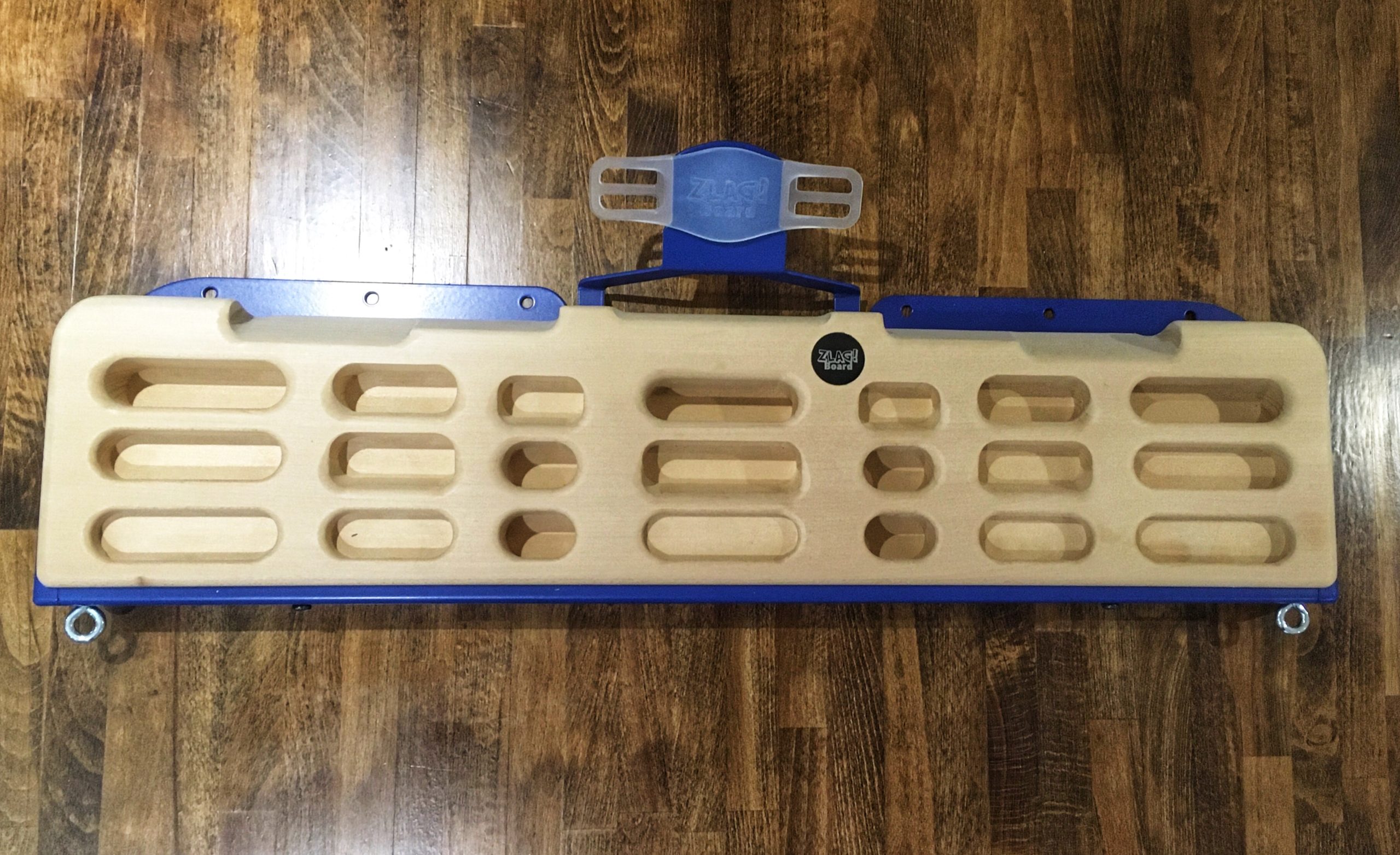07775 853 348


How can we start training for climbing in isolation? With these uncertain times ahead of us, and lots of climbing centres closing across the country, what are we as climbers going to do!?! We will literally be climbing the walls in a few weeks’ time. Not being able to spend time with our friends, socialising at the local climbing wall. Training our favourite boulder problems. Or working our favourite routes. All that strength and endurance we have built up, to lose that would be upsetting.
As well as keeping our physical being in top shape. It is very important to keep exercising to keep our mental being in good shape. Exercise has proven to reduce stress, give us a better-quality sleep, and boost the health of our brains.
I guess in some ways this could also be an opportunity to work on areas we may be weak in. We could come back an even stronger climber, and crush the problems we may have struggled on before. So what and how to train for climbing whilst in isolation. The areas we as climbers, could work on whilst in isolation at home.
As climbers, we are very good at climbing. Sometimes neglecting our core muscles. Our core plays a key role in providing stability, climbing overhangs, and bringing together the forces our arms and legs deal with. It’s not just a case of working towards a six-pack (and I don’t mean beer). A strong core will bring stability to your spine. You can work towards core strength, and core endurance. Training the inner and outer core to give you a stronger posterior chain.
Most climbers will train by just climbing. Or climbing-specific training on finger boards, campus boards, pull up bars etc… Some of us will over the years maybe do a little warm up, and maybe some stretches. But will limit this, as this eats into our climbing time. What would you rather do, have another go at your project, or spend that time stretching. Stretching is boring, so let’s climb. When climbing we are more than often pulling hard, and never do a lot of pushing exercises. Antagonist exercises in climbing are very important to stay healthy and balanced.

So now we could start training our antagonist muscles. Lots of exercises where we are pushing, and building an overall balanced strong body, to cope with the stresses climbing puts upon our bodies.
It goes without saying, that the stronger our fingers are, the harder we can pull on smaller holds. If you as a climber prefers crimps, it is a good opportunity to train slopers. You possibly prefer open handed climbing, and can try and work another grip. Or maybe you prefer pinches, well, nobody really like pinches. Maybe you suffer from frequent pulley injuries, through climbing.
The use of a fingerboard, and training the right energy system can have major benefits on your climbing. Whether you are training to get stronger fingers, a different type of grip, or working specific energy systems. Here we have the opportunity to train our fingers, and finger flexors for the coming months.
Whether we would like to train endurance, power endurance or just power. With the use of a fingerboard, or some other simple tools, we can train these at home. Training high volume, low intensity to work on our endurance capacity. Or training lower volume and high intensity, whether this be strength, power or power endurance. These can all be trained with some simple tools and equipment at home.

Certainly, a big buzz word at the moment. But we can use our own body weight to do so many different exercises to become a well-balanced and strong athlete. Using our own body weight to create resistance and build up our overall strength. By simply changing some of these movements we can increase or decrease the resistance, thereby getting stronger.
Some people have mixed views on weights. I personally love them. These help me get stronger by creating higher resistance in the planes of movement I want to train. Whether training antagonist movements, core, balanced overall strength or stronger fingers. I think these are a great addition to help our training. So, if you have some dumbbells lying around, some free weights, some kettle bells or a big old weight bar. Let’s work our weaknesses, and work towards being an overall balanced athlete.
We can provide you with a personalised training plan. Looking at your current training regime, and current workouts, and base our training plan on these and your goals. We will look at the equipment you have available at home, and provide you with a 4-weekly training plan.
As these are individualised, and based upon your personal situation, these will take a few days to compile. We can only take on a limited amount of people, as we would like to provide a high-quality service.

We would charge £50 for the first 4-week plan, plus consultation via email. Then £40 for every 4-week plan, thereafter. There is no obligation to stay on for an indefinite time frame, and this can be cancelled at any time.
We will be sending you a questionnaire to complete, so that we get a better understanding of where you are currently at within your climbing.
Some of the information we would need is what amount of time do you, currently, devote to climbing and training every week. We would also need to know a detailed list of exercises (sets and reps), of what you are currently doing if any. If you are new to training, that is all fine, just let us know. And we would also need to know how much time you are able to devote to training.
This is very important. What equipment do you have available at home? Even if you do not have any equipment available, we can come up with a programme that will help you. Below is a list of equipment you may have:
We can help you on how to train for climbing whilst in isolation.
If you are interested in our training plans, please feel free to email us on info@riseandsummit.co.uk
Or ring me on 07775 853 348. Always happy to have an initial chat, no obligation.